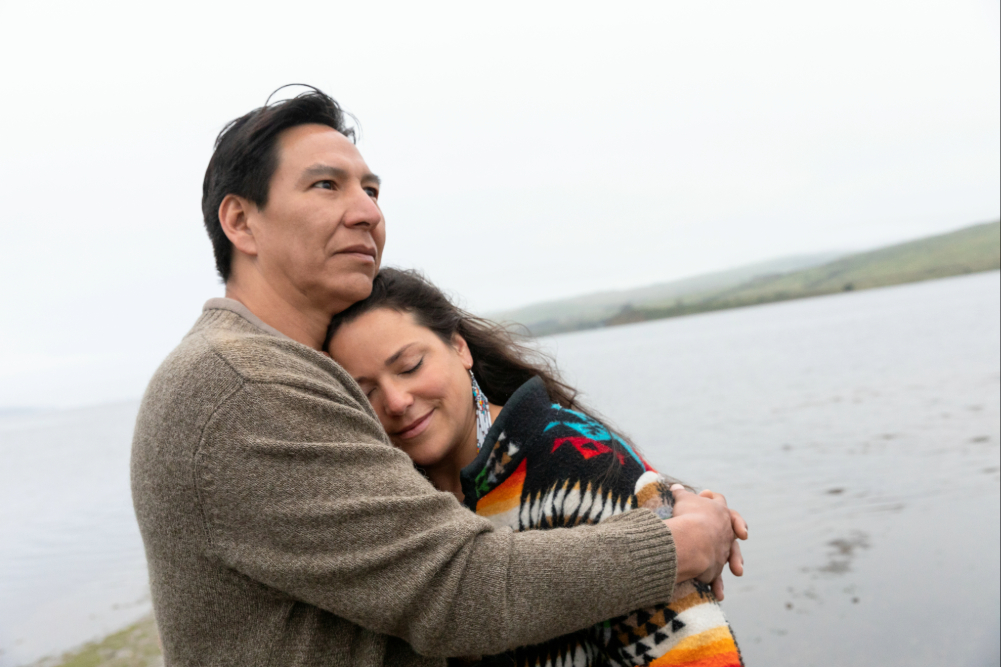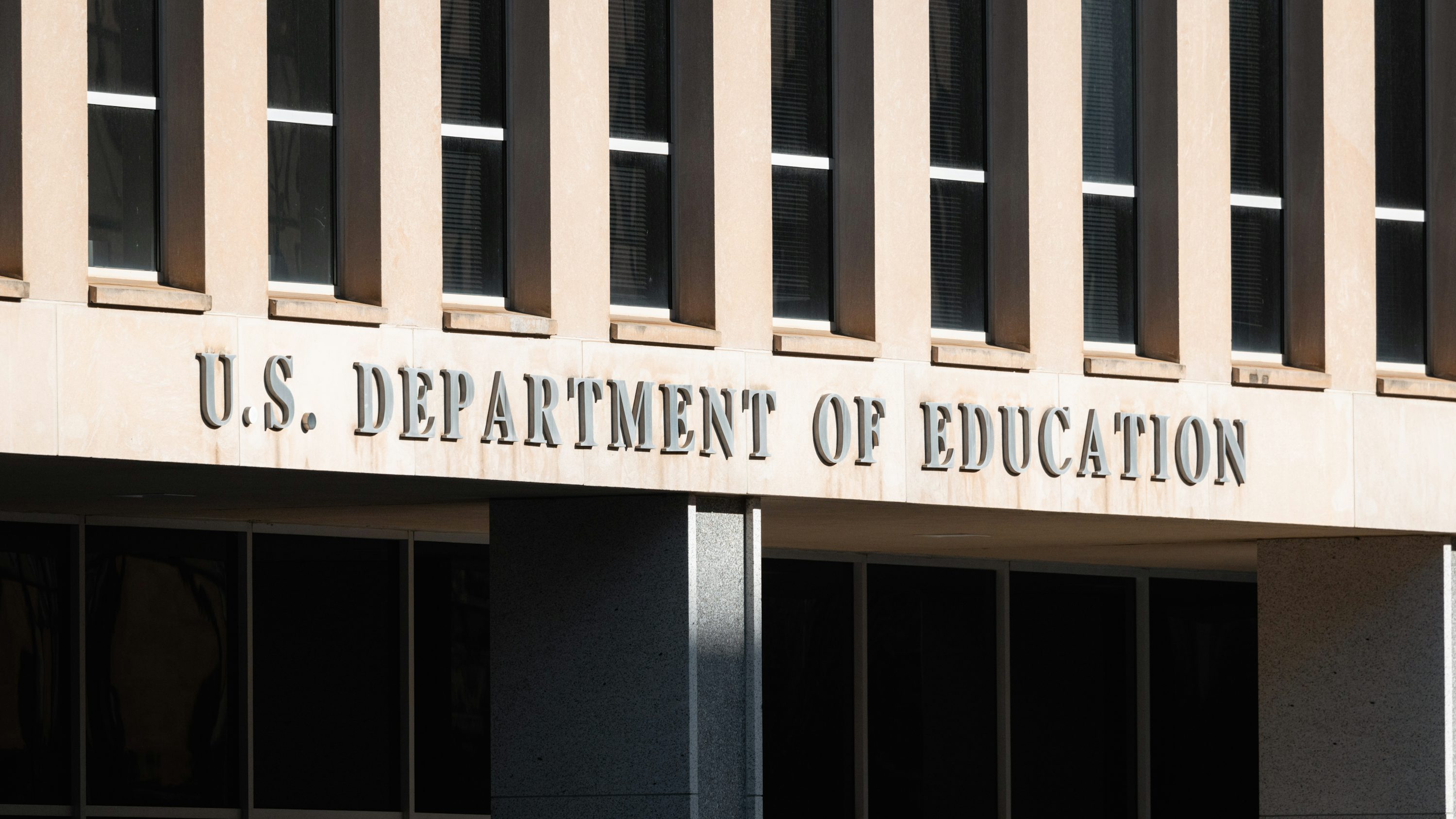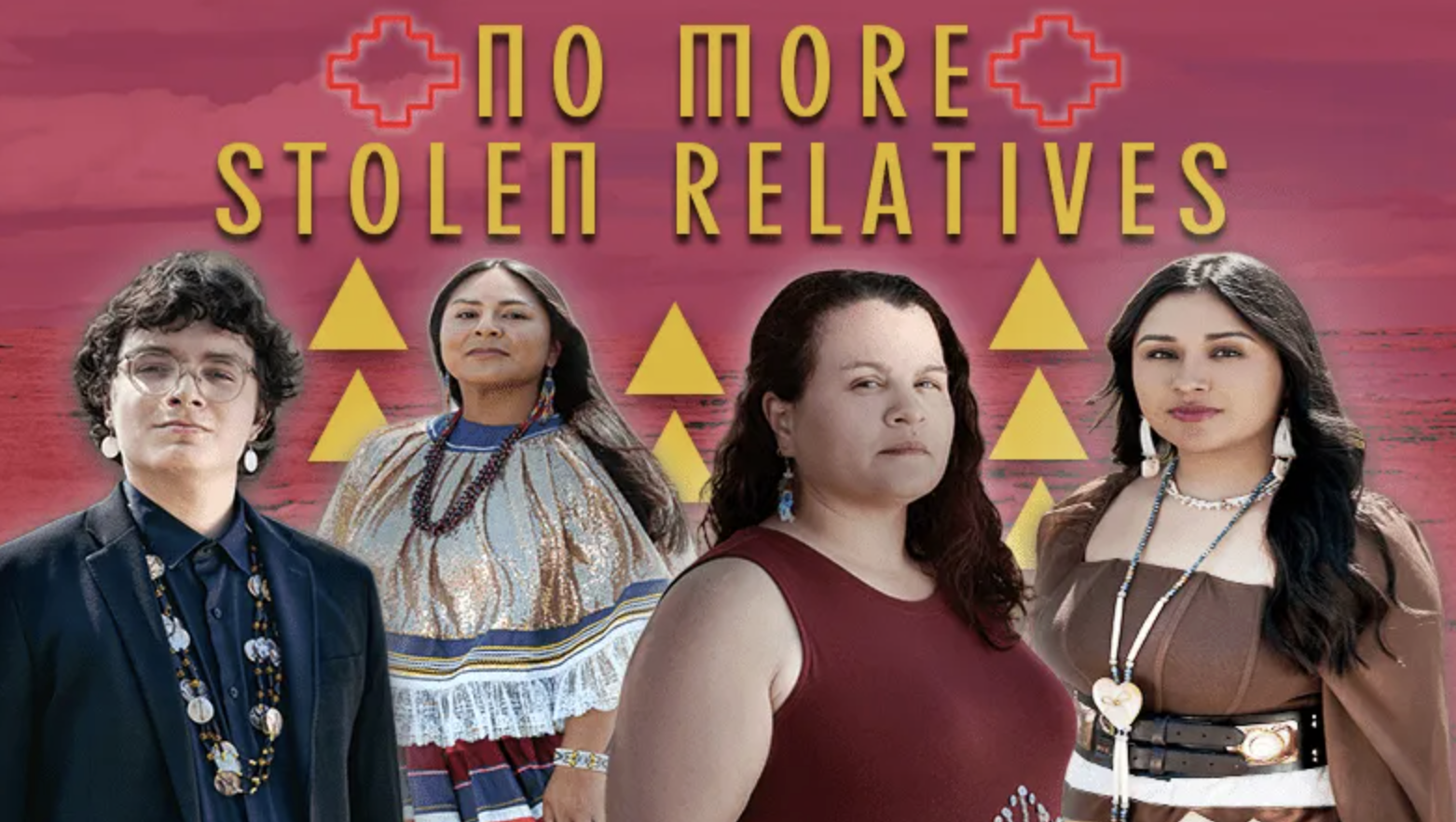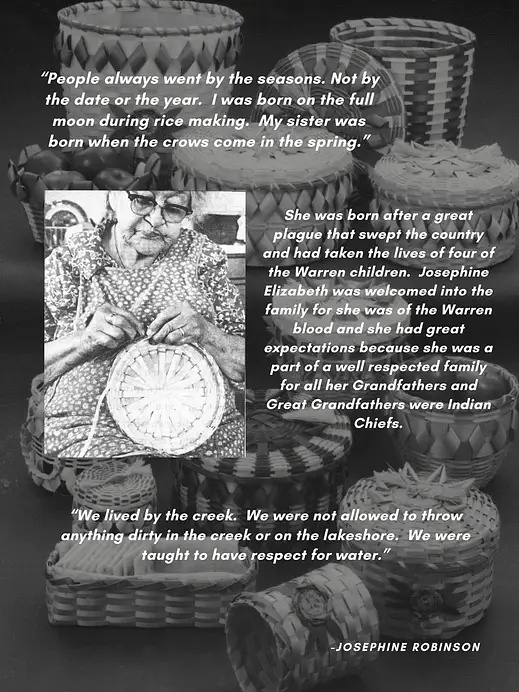To all of our readers and friends,
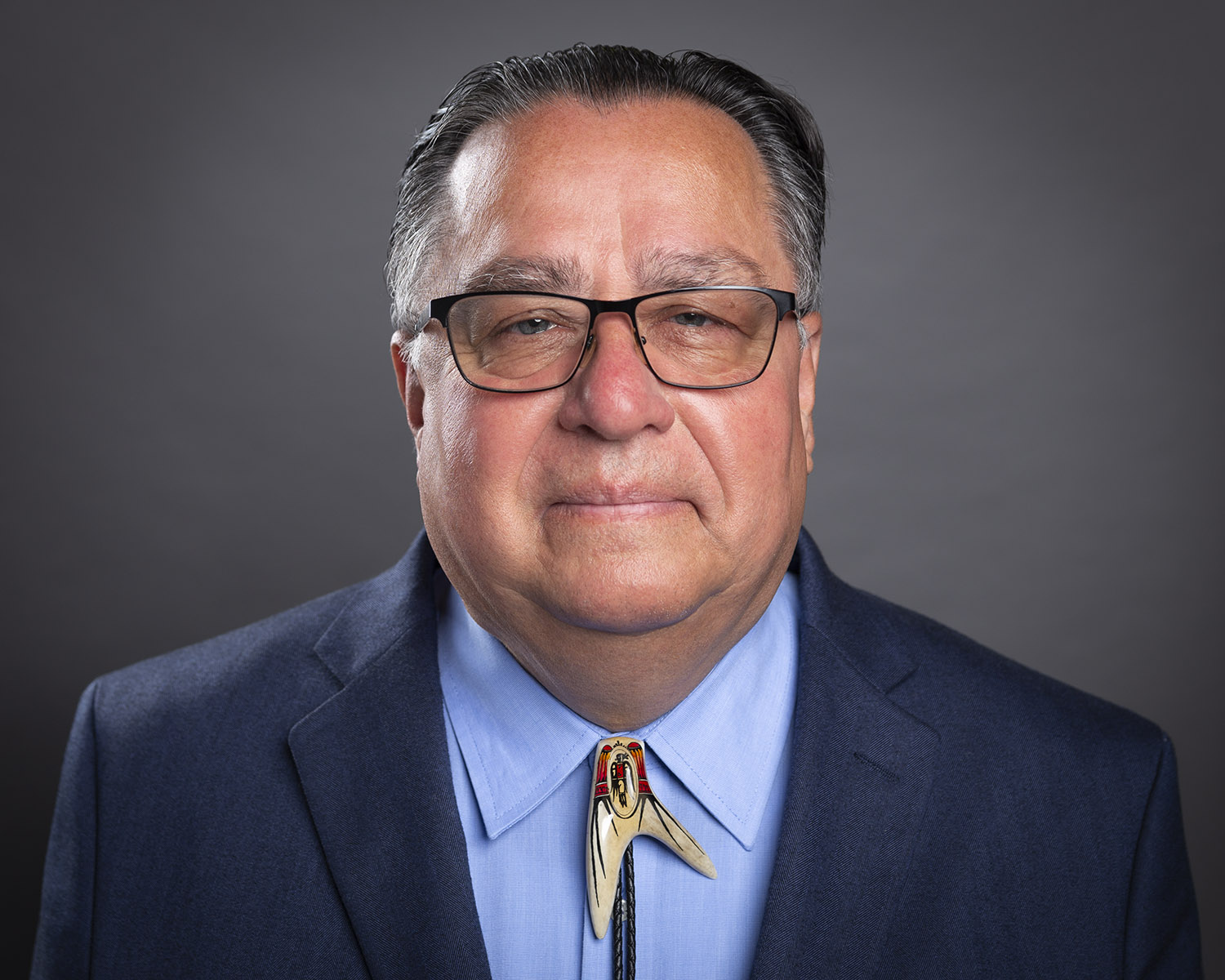
This week, witnesses appeared before the U.S. Senate Committee on Indian Affairs to speak about the genocidal history of federal Indian boarding school policies as well as the generational harm of those policies on Native families and communities.
A few days before the Senate hearing, news broke that the U.S. Army had exhumed the remains of a Native American student at the Carlisle Indian Industrial School — only to discover that the body was that of a different person. Tribal leaders told Native News that losing the remains of the Native American teen was not an isolated incident, and that it foretells a grim reality for future Indian boarding-school repatriations across the country.
If you’re a regular reader of Native News Online, you’re likely familiar with the 150-year history of Indian Boarding Schools and their impact on Indian Country. We have written extensively on this issue, reporting more than 100 stories as part of our effort to shine a bright light on this dark era of forced assimilation of Native American children.
During the Senate hearings, Interior Secretary Deb Haaland — a citizen of the Laguna Pueblo and herself a product of the boarding school policies — advocated for a Truth and Healing Commission and talked about her planned “road to healing” tour to speak with boarding school survivors and assess tribal needs. She told the Senate committee that her first stop will be in Oklahoma.
We plan to be there and at other stops on the road to healing. And we will continue to cover this important story throughout 2022 and 2023. That’s why today, I’m asking you to support our newsroom with a one-time or recurring donation to fund our reporting, including the escalating cost of travel. I ask that you please join us in this effort with a one-time donation or a recurring donation of $5 or $10 per month.
Yes, I’ll Support Native News Coverage of Indian Boarding Schools![]()
Megwetch, ![]()
Levi Rickert
Editor & Publisher
More Stories Like This
Diné-led nonprofit immerses children in their native languageThe mystery of wildlife and a world beyond our understanding
Feds close to releasing draft environmental review of Colorado River management options
Happy Holidays from Native News Online
After Trump cuts, seeds sit in the warehouse
Help us defend tribal sovereignty.
At Native News Online, our mission is rooted in telling the stories that strengthen sovereignty and uplift Indigenous voices — not just at year’s end, but every single day.
Because of your generosity last year, we were able to keep our reporters on the ground in tribal communities, at national gatherings and in the halls of Congress — covering the issues that matter most to Indian Country: sovereignty, culture, education, health and economic opportunity.
That support sustained us through a tough year in 2025. Now, as we look to the year ahead, we need your help right now to ensure warrior journalism remains strong — reporting that defends tribal sovereignty, amplifies Native truth, and holds power accountable.
 The stakes couldn't be higher. Your support keeps Native voices heard, Native stories told and Native sovereignty defended.
The stakes couldn't be higher. Your support keeps Native voices heard, Native stories told and Native sovereignty defended.
Stand with Warrior Journalism today.
Levi Rickert (Potawatomi), Editor & Publisher





